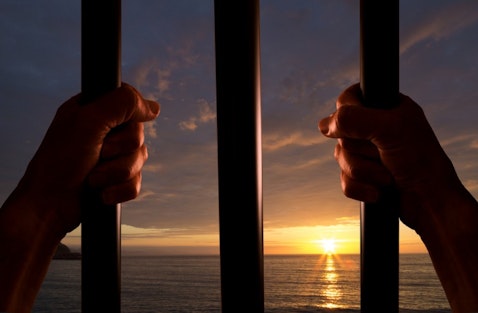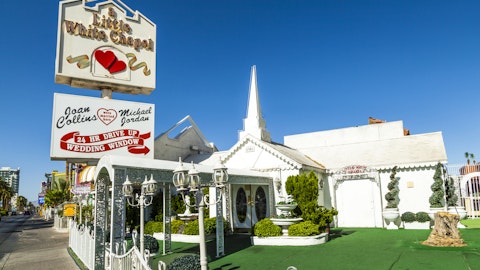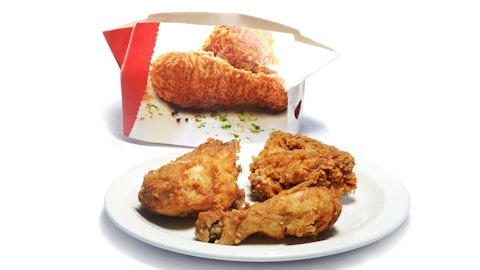If you want a more realistic take on prisons, be sure to check these 7 best prison documentaries on Netflix, Hulu, Amazon Prime and Youtube. If not, you always have Prison Break and Oz.
Prison and other incarceration methods could be traced back to ancient times and ancient Greek and Roman civilizations. Even back then, these methods were used for the detention of those who broke legal or moral norms. It could be said that institution of prison, as we know it today, and the idea that people should be held in prison as part of their punishment was introduced in Great Britain in the first half of 19th century. Before that, prisons were used as just as places where people would be detained until trial or death sentence.

poliki/Shutterstock.com
The common argument for our need for prisons would be that they serve as means of rehabilitation, deference, incapacitation and retribution. But each of these “positive” sides of prisons has a counterargument. Let’s break it down. Prisons should rehabilitate criminals and make them a functioning member of society. But how is it possible for someone to be a functioning member of society if he/she is surrounded by 4 walls and only communicates with other criminals? Furthermore, prisons should set an example what happens to those who don’t follow the law. If that works, why do we still have overcrowded prisons? The United States alone has around 2.2 million prisoners and the highest prison rate per 100,000 people. You can read more about than on our list of 11 Countries With the Highest Prison Population.
Incapacitation means prison should stop criminals doing the crime, but it doesn’t. It just makes them do more crime inside the prison, with those deeds being even more serious than ones that put them behind bars. And finally retribution, the theory that says people have to suffer in order to make up for what they did. This is the only argument of the prisons that doesn’t have to be challenged. But then, let’s stop trying to find an excuse why we look people up and simply say we do it because we want them to suffer.
Frankly, I think we took the institution of prison a bit too seriously. We are so pleased with the way they work that we even stopped making efforts to figure out new ways to try and help the offenders. Most people think about it this way: They are locked up, far away from me, so I don’t care. Well we should care, since the right of freedom is one of the most precious gifts and it should be taken away so easily. It should be the last mean, not the first and most commonly used one.
Now before I start writing a dissertation on my views on the institution of prison, let us get back to our list of 7 best prison documentaries on Netflix, Hulu, Amazon Prime and Youtube. In order to come up with the list, we first used recommendations from various sources like Made Man, Prison Photography, and Quora. After we collected the titles, we checked how many of them are streaming on Netflix, Hulu, Amazon Prime and Youtube. We ranked those available on one or more platforms, according to their IMDb rating and managed to get the final list. Let’s get it going.
7. The Mind of Mark DeFriest
IMDb Rating: 7.3
Available On: Hulu
This documentary is a perfect example of how bad of an effect can prison have on people. It tells the story about Mark DeFriest, a man who was originally sentenced to 4 years in prison for a minor offense, but ended up spending more than 30 years inside because of multiple escapes and other offenses inside the prison walls. The documentary also tracks DeFriest’s attempt to get out on a parole.
6. The Farm: Angola, USA
IMDb Rating: 7.6
Available On: YouTube
Do you want to know why people exit the prison even more determined to do bad and see their life behind the bars? This documentary from 1998 will show you just that, using the example of one of the most notorious prisons in the United States at the time, maximum security prison Angola located in Louisiana.
5. Shakespeare Behind Bars
IMDb Rating: 7.7
Available On: Amazon Prime
This is an amazing documentary, next on our list of best prison documentaries on Netflix, Hulu, Amazon Prime and Youtube that shows how you can treat crime offenders nicely and really make a difference. It talks the story about a program called Shakespeare Behind Bars, which enables prisoners to showcase their acting skills through works of William Shakespeare. It is believed that only 5% of prisoners who participated in the program go back to crime compared to nation’s average of 70%.
4. Fourteen Days in May
IMDb Rating: 7.7
Available On: YouTube
This documentary that ranked 4th on our list of best prison documentaries on Netflix, Hulu, Amazon Prime and Youtube tells the story of Edward Earl Johnson, a prisoner sentenced to death because of rape and murder, who is counting his last days before execution. It will enable you to see how his final days in prison looked like since the documentary makers received special permission to film Johnson’s life in detail.
3. The House I Live In
IMDb Rating: 7.9
Available On: Netflix
Although it doesn’t solely cover the subject, this entry on our list of 7 best prison documentaries on Netflix, Hulu, Amazon Prime and Youtube does explore why there are more people ending up in prisons and how the system of locking people up is just a temporary fix. It revolves around America’s war on drugs and how that war is getting out of the hand.
2. Ghosts of Abu Ghraib
IMDb Rating: 8.0
Available On: Amazon Prime, Youtube
Is it strange for you to hear that the government of the United States has something to do with one of the most notorious prisons in the last couple of decades where prisoners were tortured, raped and murdered? The documentary number 2 on our list of best prison documentaries on Netflix, Hulu, Amazon Prime and Youtube, tells the story about Abu Ghraib, a prison located in Iraq that the United States used during their invasion of the country and explores the human rights violations committed by members of U.S. Army and CIA.
1. 13th
IMDb Rating: 8.3
Available On: Netflix
The final entry on our list of 7 best prison documentaries on Netflix, Hulu, Amazon Prime and Youtube explores not just the flaws of the prison system in the United States but how that prison system showcases the racial inequality that has been a part of nation’s history for a long time. This documentary also investigates factors that influenced on the rapid increase of prisoners in the country, that skyrocketed from 200,000 in 1970 to 2.2 million in 2015.





